Climate Equity – A Community of Teachers Build and Share Their Wisdom of Practice (2023)
Description
There is an urgent need for education about climate and equity. TERC is designing and testing a new professional development model for teacher leaders who are at the forefront of teaching climate equity. It brings teachers together for a weeklong Institute to share practices, and also to enjoy leisurely spare time for renewal and connecting with nature. Learn more about the Institute, and about how the Climate and Equity teachers are starting to make a real and lasting difference as they build and share their wisdom of practice.
Award: John D. and Catherine T. MacArthur Foundation

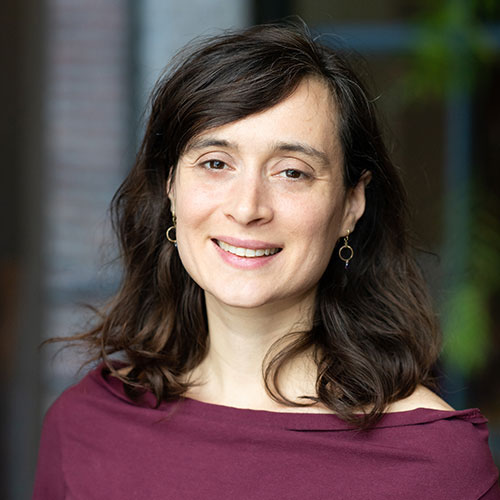
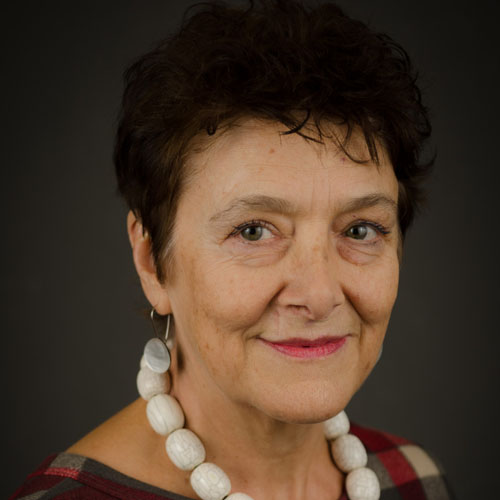
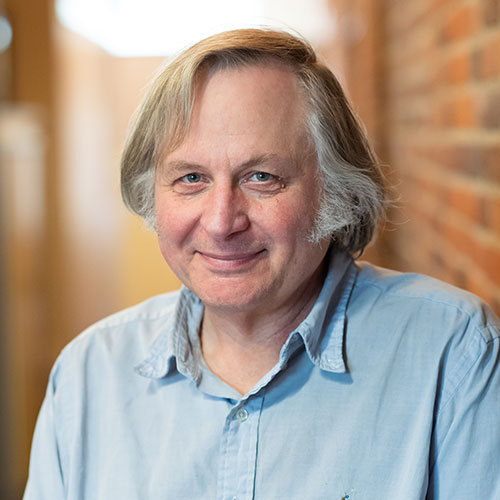
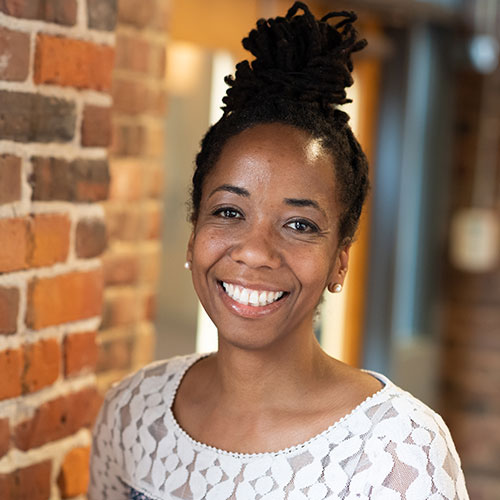
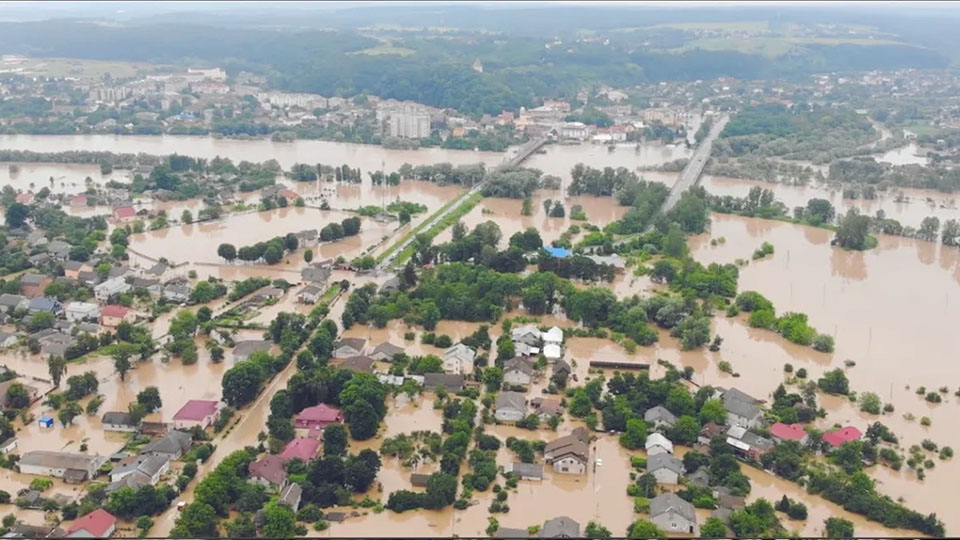
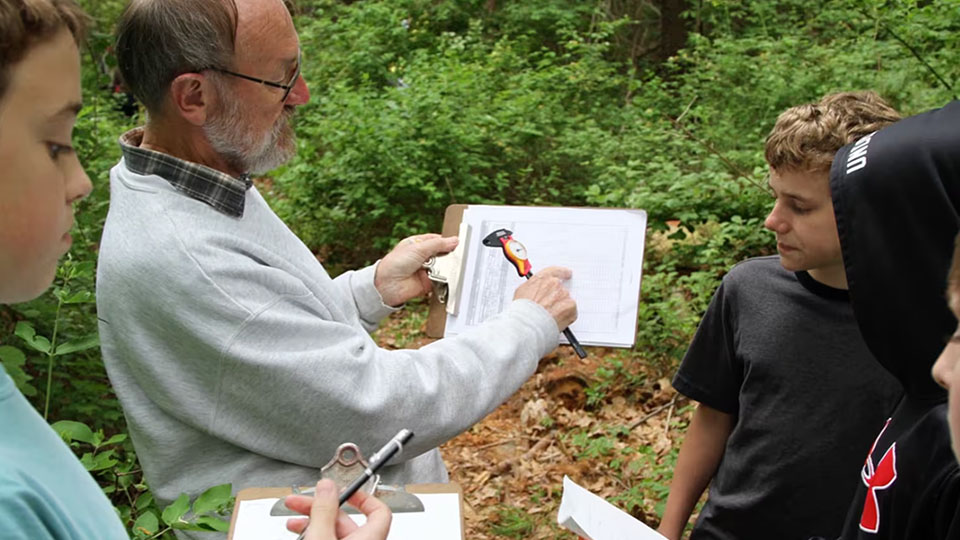
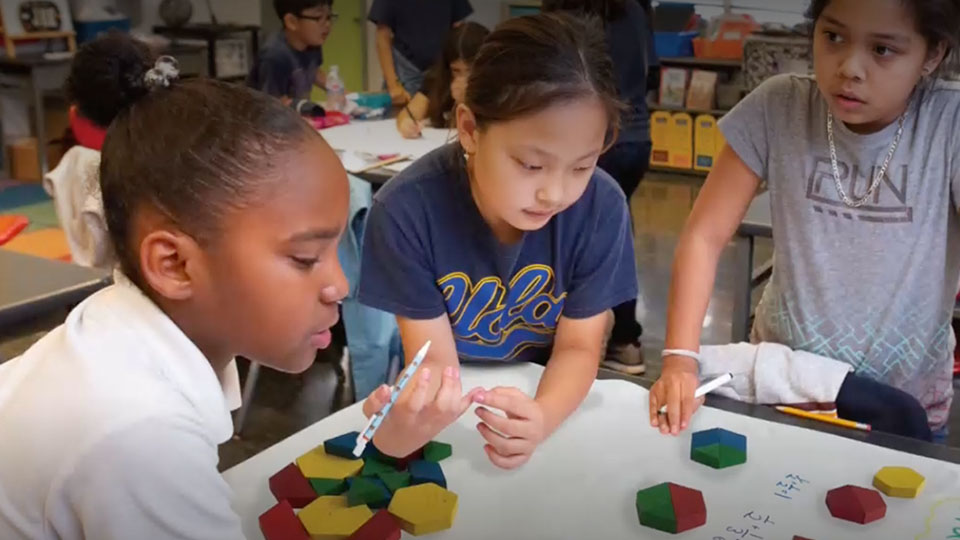
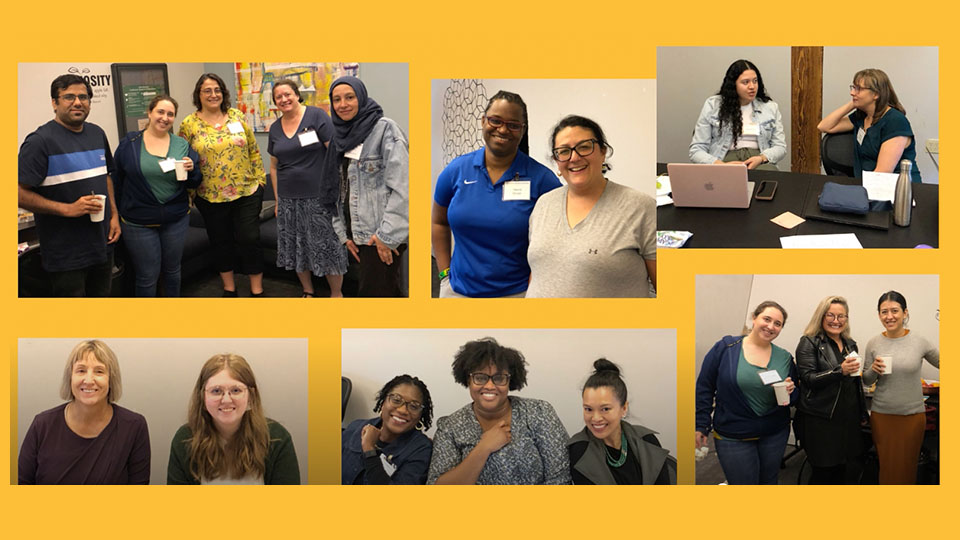
The Institute has convened in the summer of 2022 and 2023. We are looking forward to a third Institute in July 2024. What constitutes effective spaces for teacher learning and renewal in your projects? We look forward to a lively discussion!
Looking forward to the conversation!
PLUS, part of our goal is teachers’ renewal – -so they need time to play, talk, and engage with nature.